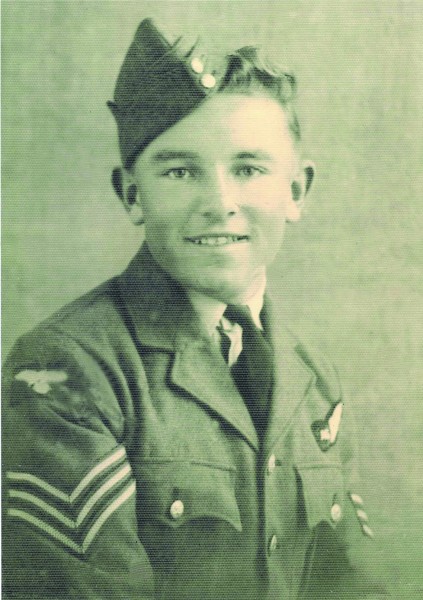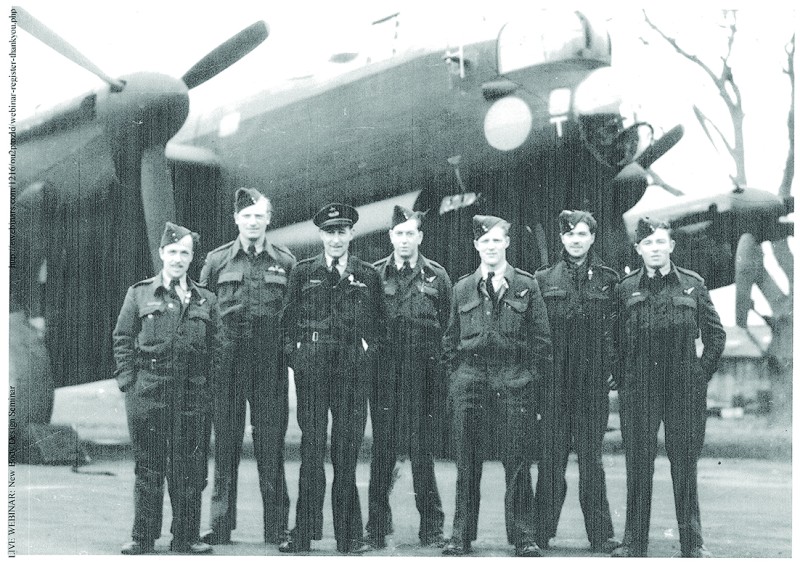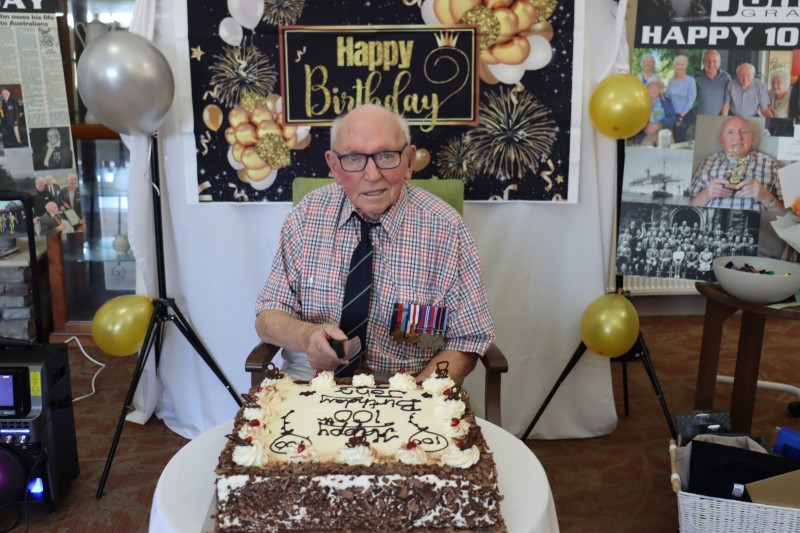What is the lesson a father, poet, farmer, black jack player and WWII veteran learnt in life?
At Bupa Aged Care in Kyneton, Rachel Hewitt and Rob Shaw of the Woodend Warblers hold the attention of silent staff and the non-sleeping residents. They sing Danny Boy.
Their sounds are interrupted by a resident who croons between their lyrics. It’s John Wyke.
“From glen to glen, and down the mountainside,” he cries.
A lady in the back joins in: “The summer’s gone, and all the roses falling”.
By the time the refrain comes round, the entire room of elderly men and women are alive, concerted and singing in unison, “Danny Boy, I love you so”.
It’s an emotional moment for the room. The ballad, a parent’s farewell to their child going off to war, is an experience many of them lived through in WWII. Tears were shed in the room, over memories most living cannot fathom.
None knows the experience more than John, who celebrated his 100th birthday that day. He was a rear-gunner in the war’s most devastating plane – the Lancaster Bomber. Inside this aircraft, he carried out 12 daring operations, each not without consequence.
He recalled leaving the base full of men for an operation and returning to find one lone soldier cleaning his gun. The rest were no longer. Or the time he rescued malnourished British POWs and flew them home, heartbroken at their appearance.
What was going through his head when the engines began to whir, and he prepped the guns to take flight for an operation he too might not return from?
“Nothing,” he said. “I had a job to do. I just focused on the job.”

He maintains his optimism, and can spin multiple yarns with a smile about his time during the war.
He recalls bombing Germany and getting so lost the pilot had to fly low to read the signage at a railway station. It was so cloudy they nearly took out the spire of a church. He thinks it might’ve been in Cologne where a rather famous World Heritage Listed Cathedral resides.
He also took park in Operation Manna, a humanitarian effort to drop food in the German-occupied Netherlands during the winter of 1945 to alleviate the severe famine caused by the German blockade.
“We flew low and dropped barrels,” he says, before recalling a boy on the ground with a wheelbarrow. “[The barrell] landed right in his wheelbarrow,” he says with a smile.
In 1952, the ‘Ten Pound Pom’ sought a new life in Australia and didn’t hesitate signing up to the RSL. He has life membership and received the Meritorious Award for looking after other veterans, completing hospital visits, running Anzac Day services and speaking at funerals – for which he was revered. One only has to head to the RSL in Kyneton to hear the legend of John Wyke.
But his life has been much more than those few years in the war. He’s always helped others whenever he could, whether it was teaching a neighbour to drive, teaching another neighbour stonework, or saving the Anglican Church in Neerim.
Even at 95, he was driving the “oldies” from the aged care centre around, despite them being younger than himself. It’s part of who he is and these examples don’t even begin to scratch the surface.
When asked what he had learned after 100 years on Earth, Wyke stares into space for a moment with wide eyes, then slowly leans over with an air of wisdom. He says two words: “give back”.
Simple in composition, it’s an expression many would find difficult to execute on a recurring basis. But John’s done this for 100 years. It wasn’t for fame or recognition – it was to live a fulfilling life.
And he’s not done yet.


